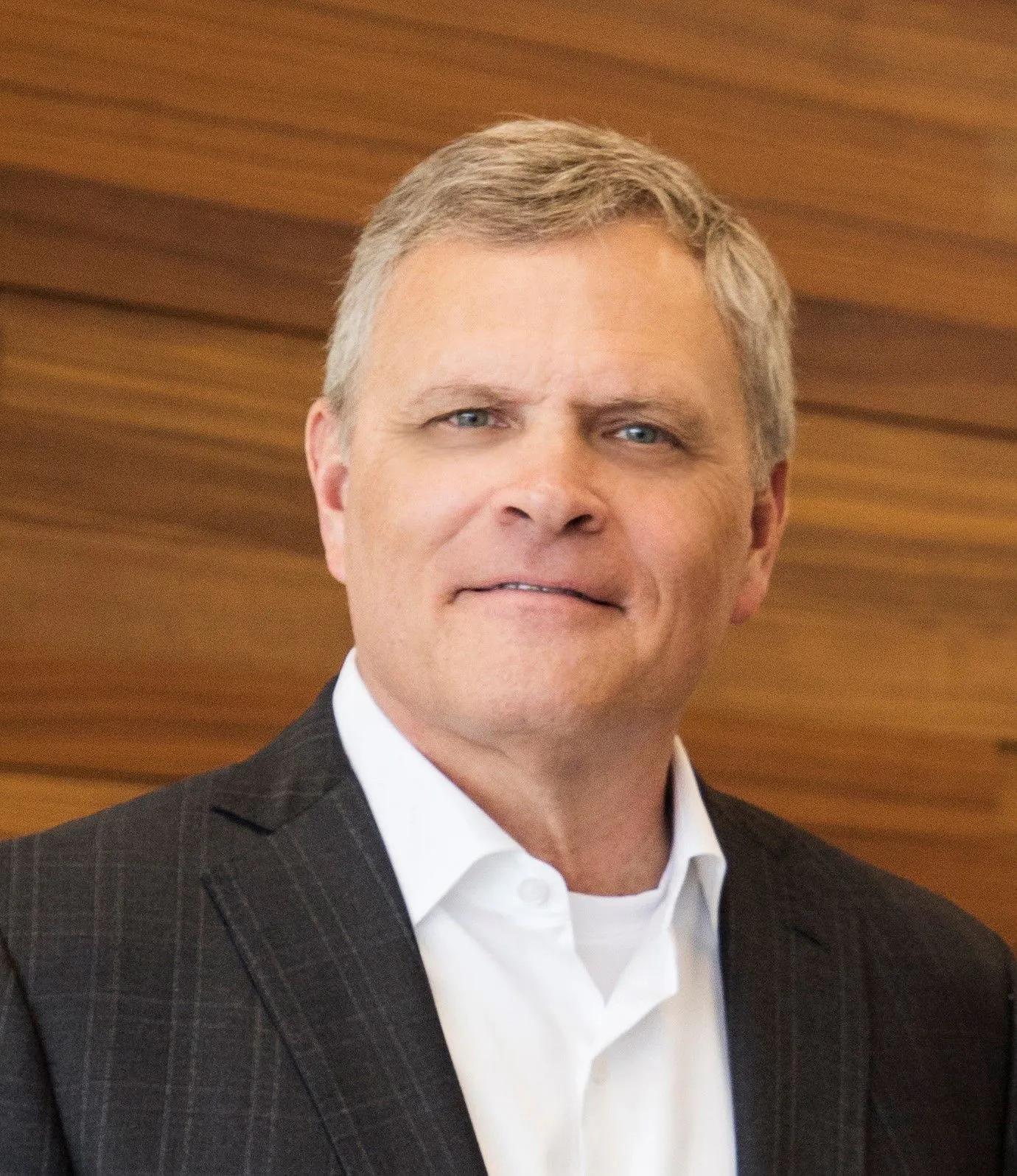Article
What would you do: If your colleague is a thief
This doctor had to decide whether to report a friend accused of stealing. What would you do in his shoes?
I'd known a physician whom I'll call Sam Jones for nearly a year at the large multispecialty clinic where we both worked in the urgent care department. He was a good friend as well as a colleague whose independent spirit I admired. We shared laughs and snacks at work, and my family and his had had dinner together on a number of occasions. In fact, Sam had asked me to join him as a partner in a private family practice that he'd recently started in his home office on his days off. I was considering the offer, and I'd already begun working there one day a week on a trial basis.
Then, one day, Sandy, the clinic administrator, showed up and began interrogating Sam about some missing supplies. Afterward, he called me to say he was so furious at being accused of the theft that he'd quit. As he put it, "I'm not going to put up with this kind of harassment." While his decision seemed hotheaded to me, I could certainly understand his anger at being unjustly accused.
The next day, Sandy appeared in my office. "I know you're a close friend of Sam's," she began, "so I wanted to discuss this matter with you personally. I'm afraid we have good evidence that he's been stealing supplies from the clinic."
While I was still skeptical, Sandy's account made me consider the possibility that my friend actually had been stealing-and lying about it. Then she told me that Sam hadn't quit, as he'd told me; she had asked him to leave, and was planning to report the thefts to the police.
I thanked Sandy for discussing the matter with me, but she must have realized that I was still doubtful, despite her convincing evidence. In fact, I was probably too invested in my friendship with Sam to recognize the truth.
At that point, I might have simply cut my ties with Sam, and let the police do their job. But I still couldn't quite believe he was guilty. Since I was scheduled to work for him the following day anyway, I decided to do a little investigating on my own. I thought that if I could prove the accusations were true and then confront him, I might convince him to come clean.
I called Sandy and asked her if she'd agree to hold off pressing charges against Sam if I could get him to confess and make restitution. I think she thought I was a bit insane for trying to mediate, but since she needed some tangible evidence, she didn't discourage me. She wouldn't promise anything, but she did agree to wait.
The next day, feeling nervous, I arrived for work at Sam's basement office with a list of stolen items in my pocket. He was in a good mood as he prepared for his day off, and our morning small talk never touched on the events at the clinic. After he left, his receptionist mentioned how excited she was that he had "quit his other job" to focus on his own practice.
Between patients, I did some snooping. My first stop was the orthopedic supply closet. I found the same items I'd seen there the previous week, but now they'd been removed from their boxes, as though someone had been cleaning up incriminating evidence. I searched in vain for the cryo-guns, but I did find some patient brochures published by the American Academy of Dermatology-which had been listed among the clinic's stolen items. Just to be sure, I called the AAD and learned that no doctor in that ZIP code had ordered the brochures. Then I asked Sam's nurse about the radiology atlases. She confirmed that he'd brought the books to the office recently, but now they seemed to be gone.





